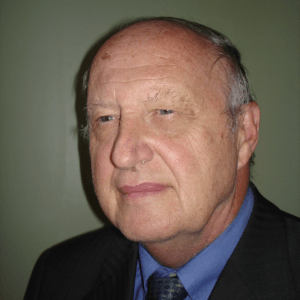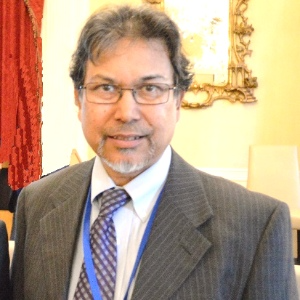Plant Nanotechnology, a burgeoning field at the intersection of plant science and nanotechnology, holds immense promise for revolutionizing agriculture and plant-related industries. Researchers in this field harness the unique properties of nanomaterials to enhance various aspects of plant biology, from growth and development to stress tolerance. Nanoparticles, such as nanocarriers and nanosensors, are employed to deliver nutrients, fertilizers, and even genetic materials directly to plant cells, optimizing resource utilization and improving crop yields. One significant application of Plant Nanotechnology is the development of nanoscale delivery systems for controlled release of agrochemicals. Nanoparticles can protect pesticides and fertilizers from environmental degradation, allowing for targeted and sustained delivery. This not only reduces the environmental impact of agricultural practices but also enhances the efficiency of resource utilization. Moreover, Plant Nanotechnology plays a crucial role in understanding and mitigating the impact of environmental stressors on plants. Nanoscale sensors can be used to detect and respond to stress factors at the molecular level, enabling early intervention and improved stress resilience in crops.

Ephraim Suhir
Portland State University, United States
Thomas J Webster
Interstellar Therapeutics, United States
Robert Buenker
University of Wuppertal, Germany
Will Skene
Montreal University, Canada
Valeriy A Buryachenko
Micromechanics & Composites LLC, United States
Anis Rahman
Applied Research & Photonics, Inc, United States
Will Skene
Montreal University, Canada
Robert Guidoin
Laval University, Canada
Robert Buenker
University of Wuppertal, Germany


Title : Introducing picotechnology: An exciting extension of nanotechnology
Thomas J Webster, Interstellar Therapeutics, United States
Title : The failure of both einsteins space-time theory and his equivalence principle and their resolution by the uniform scaling method
Robert Buenker, University of Wuppertal, Germany
Title : Material challenges with proton conducting ceramics for intermediate temperature hydrogenation/dehydrogenation applications
Saheli Biswas, Commonwealth Scientific and Industrial Research Organisation, Australia
Title : Porphyrin layers at metal-electrolyte interfaces monitored by EC-STM and CV
Marek Nowicki, University of Wroclaw, Poland
Title : Color control of electrochromes by structural modification
Will Skene, Montreal University, Canada
Title : Make experiments more efficient: Two simple and powerful approaches. Mg2Si growth for photovoltaic and thermoelectric applications
Alexander S Gouralnik , Institute of Automation and Control Processes, Russian Federation
Title : Reconfigurable antenna structures using tunable materials
Nasimuddin, Institute for Infocomm Research, Singapore
Title : (0, 1 and 2) Dimensional hybrid architecture of the synthesized materials leads the smart sensing of the gaseous species at low/room temperature
D R Patil, North Maharashtra University, India
Title : Enhanced grain refinement, precipitates regulation, and improved mechanical properties of cast Al-Li alloy by Ti addition and heat treatment
Lixiong Shao, Shanghai Jiao Tong University, China
Title : Broadband sound attenuation of shape memory polymer with triangular-honeycomb unit cell metamaterial structural design
Musaab Ejaz, Universiti Teknologi PETRONAS (UTP), Malaysia